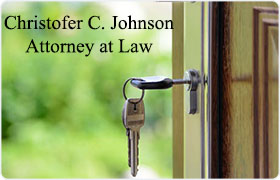Frederica Land Use & Zoning Lawyer, Delaware
Sponsored Law Firm
-
 x
x

Click For More Info:
-
Christofer C. Johnson, Esq.
1007 N Orange St 4th Floor Wilmington, DE 19801» view mapReal Estate, Foreclosure, Landlord-Tenant Get The Support You Need For Your Case
Christofer C. Johnson, Esq. has a track record of successful case outcomes and provides legal counsel for a reasonable price.
800-941-4370
David J Weidman
Land Use & Zoning, Litigation, Lawsuit & Dispute, Family Law
Status: In Good Standing
Eric C. Howard
Commercial Real Estate, Land Use & Zoning, Transactions
Status: In Good Standing Licensed: 43 Years
Heidi J. A. Gilmore
Real Estate, Trusts, Land Use & Zoning, Commercial Real Estate
Status: In Good Standing Licensed: 24 Years
 Christofer Johnson Wilmington, DE
Christofer Johnson Wilmington, DE AboutChristofer C. Johnson, Esq.
AboutChristofer C. Johnson, Esq. Practice AreasExpertise
Practice AreasExpertise
